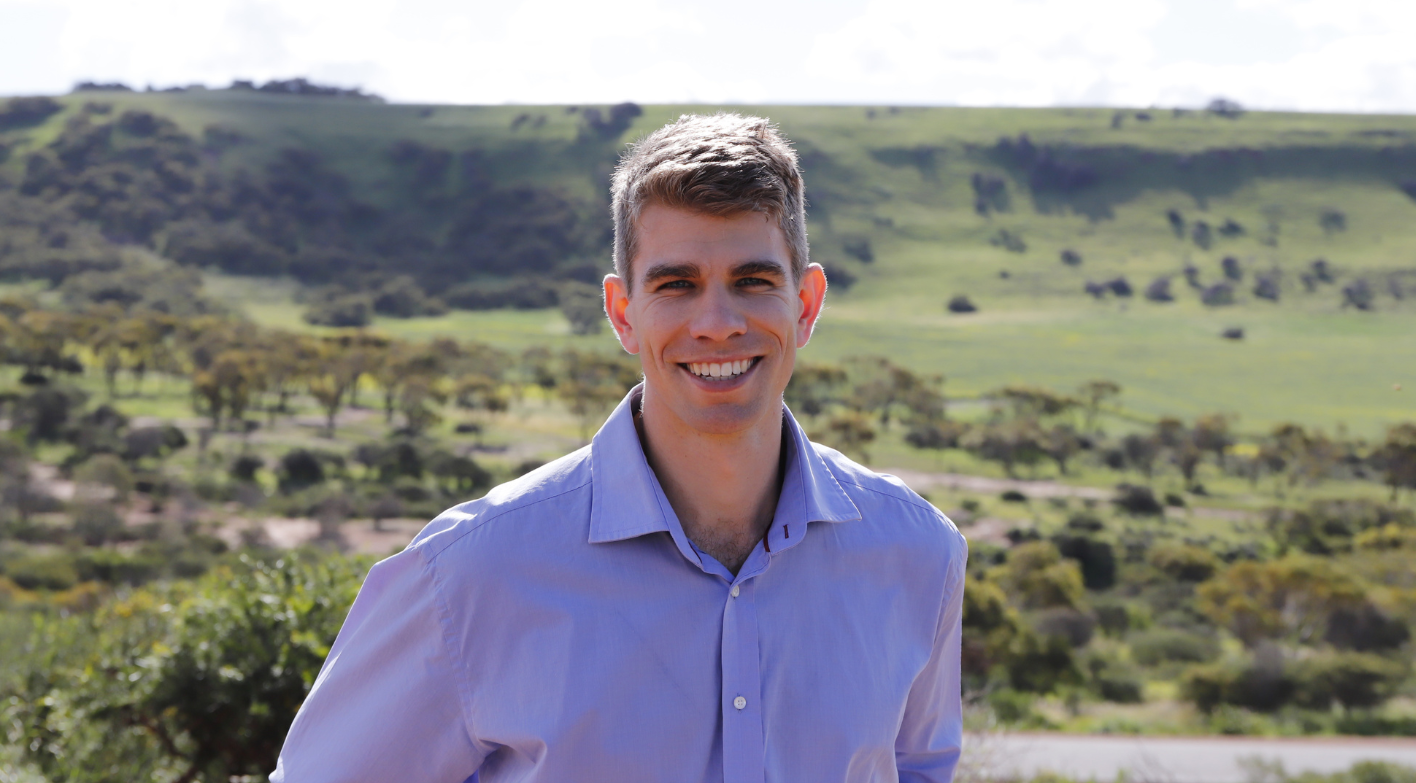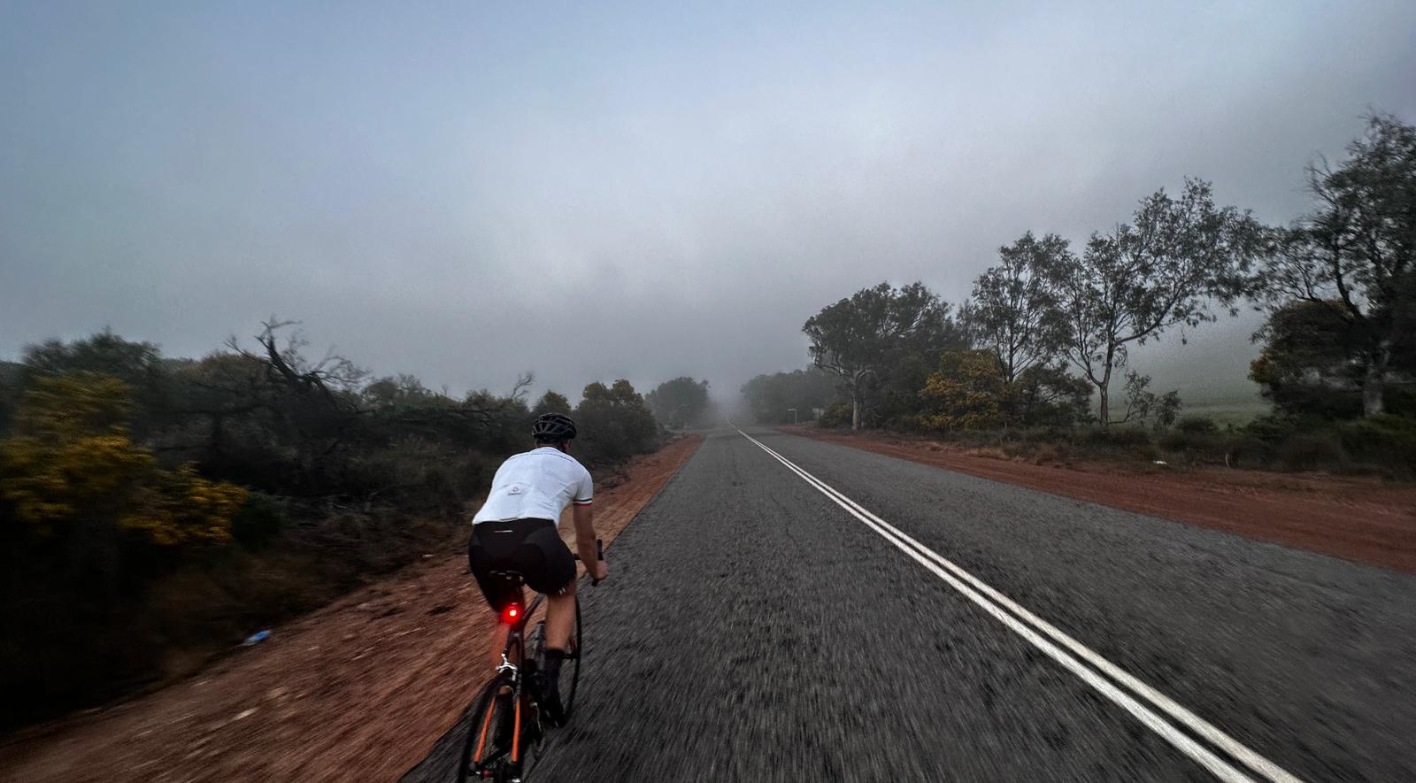RCSWA Geraldton and Narrogin alumnus Dr Fraser Pensini is sharing his story as part of our series exploring the lives and aspirations of junior doctors and Rural GP Placement students from around WA.
He begins by reflecting on his Pilbara origin...
- Where do you hail from?
I grew up on a cattle station in the Pilbara. The small mining town of Paraburdoo was 90 kilometres away and the nearest town to us growing up. My brothers and I completed primary school through Port Hedland School of the Air before finishing high school at boarding school in Perth. Mum and Dad still run the station but have now expanded the pastoral business to include tourism “Cheela Plains Station Stay” and contracting.
- What/who made you consider becoming a doctor?
We relied heavily on the presence of RFDS for medical help, and there was often no doctor in the town of Paraburdoo or Tom Price. It was nothing that I had thought much of until I went to boarding school and it was there that I recognised the lack of access to health care in regional areas.
- Describe your training journey so far.
I completed my medical degree at the University of Western Australia. I became involved in the SPINRPHEX club in my first two years before applying for and completing my first year of RCSWA in Narrogin in the Wheatbelt. I enjoyed that so much that I decided to stay with the RCSWA and was one of the first group of final year students in Geraldton. I have since started an internship also in Geraldton and will continue with WACHS in Bunbury next year as my wife and I welcome our first child!
- Does the rural clinical environment match your expectations?
Yes, absolutely. My expectations were for a diverse range of experiences, and for more patient centred, wholistic management. Not only that, but such great lifestyle opportunities after work as well.

- What were the major differences you experienced in a rural setting versus metro?
Much, much less time commuting to work which just makes everything else that much more relaxed. I also felt there was more connection between the medical team, nursing team and allied health teams due to smaller teams within the hospital. There was also more connection to community health professionals, I think because in general there is less community services available in regional settings, so it became vital to communicate with the teams that do exist to get the best outcome for a patient.
- Do you have a speciality interest and what sparked your interest in it?
I am looking at Rural Generalist Training with advanced skills in Emergency Medicine and Anaesthetics. I think that this combination gives me the best skills to deal with working in remote locations and such a diverse work experience. It opens the doors for many possibilities including RFDS work.
- What does a typical day look like for you on placement?
I am currently on ED placement which is four 10 hour shifts a week. They start at a variety of times but the latest I work as an Intern is 11pm in Geraldton. I do a quick bit of paperwork and acknowledge results from previous shifts before starting to see patients. I then run a management plan past one of the senior ED doctors who gives advice and guidance. Depending on when the shift starts/ends I usually do a run or cycle around town.

- What is the best part of doing what you do?
Getting to enjoy my work environment, learning, and having the time to learn with much less stress and enjoying life outside of work. A bit hard to choose the single best thing!
- Do you have any professional mentors or people you look to for advice?
Yes, all I have met through the RCSWA. Most tend to be Rural Generalists also which gives me a wide variety of experiences to draw from.
- Have you learnt any big life lessons going rural?
It is important to be able to leave work at work. As junior doctors we have so much learning to do, and we will make mistakes. Going rural you will be around people you make mistakes in front of for much longer, even when you rotate to a different team. Mistakes are a normal part of a junior doctor’s life and learning, and many senior doctors will know this and support you through this. Do not be afraid to reach out to your mentors.
- What memories of your time in Geraldton will stay with you?
My time in Paediatrics was especially enjoyable and I learnt a lot from it. I will be missing the sunshine in Geraldton. It has been such beautiful weather for our two years here. The many sunset dinners on the rooftop bar or on the foreshore with friends are some of my favourite memories.
- Where to next for you?
My wife and I will be moving down to Bunbury next year where I’ll start as an RMO. Next year I will also be starting my training with ACRRM to be a Rural Generalist. I am hoping to gain good foundation skills in Internal Medicine, ED and Paeds whilst in a larger hospital such as Bunbury before we look to a smaller, more regional practice.
Image: Dr Fraser Pensini.
Image: Fraser on a foggy morning ride outside Geraldton with friend Damon.
Our Regional Training Hubs team members live in all corners of WA and connect junior doctors and medical students with experienced mentors and professional development opportunities. Find out more at uwa.edu.au/rcswa/regional-training-hubs or email [email protected]
